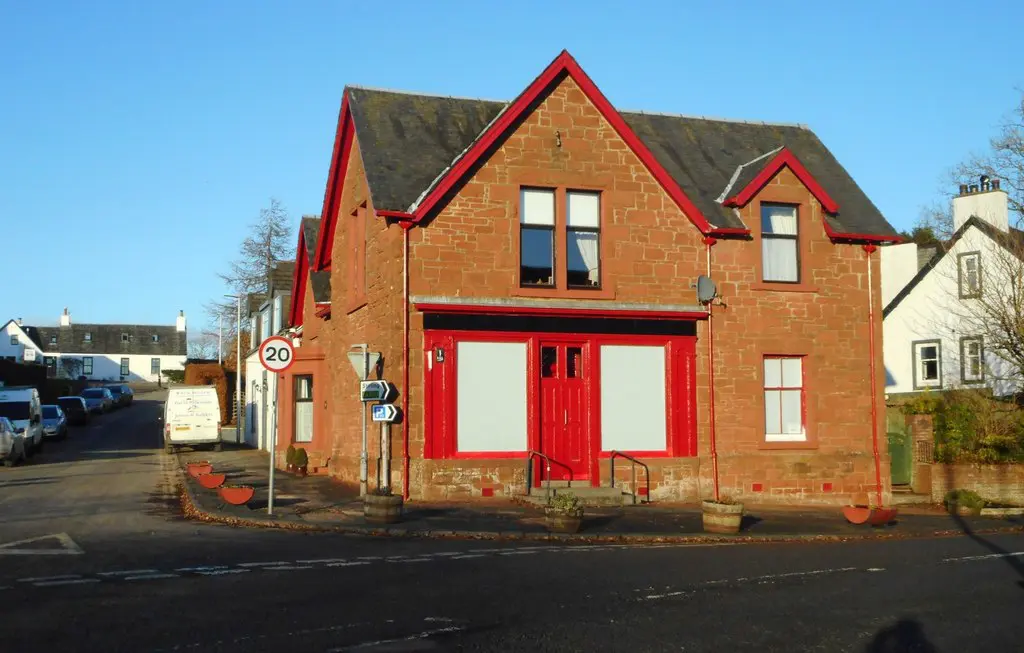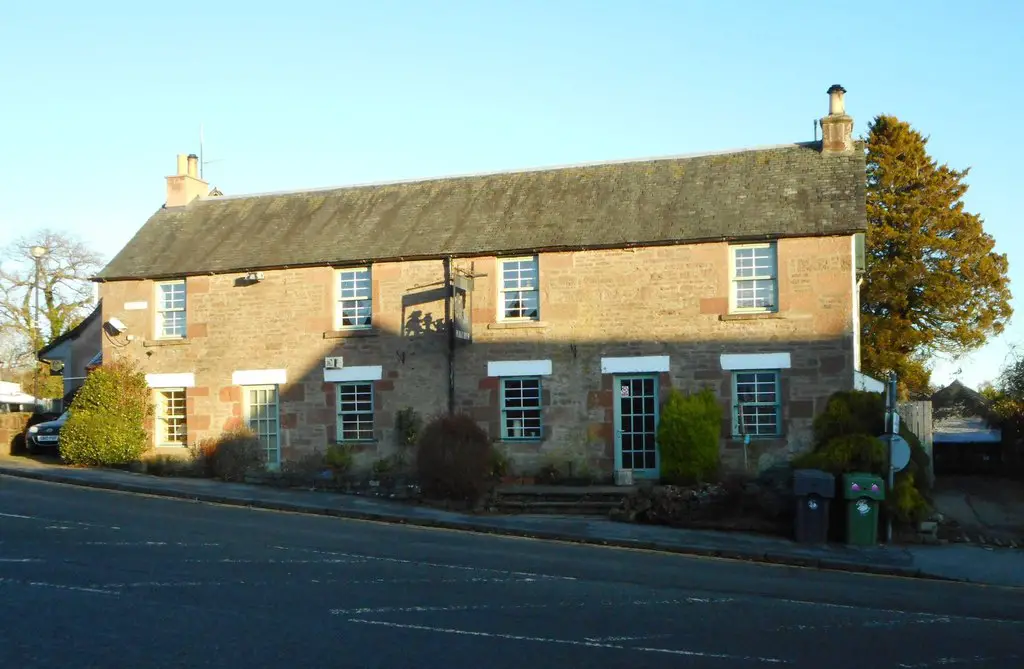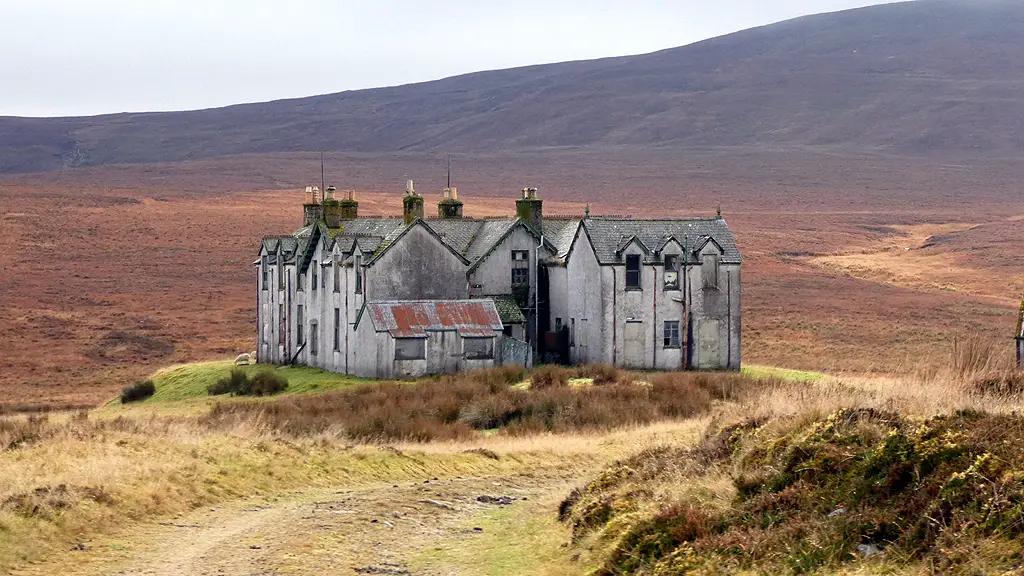
Insurance For Unoccupied Property – Do I need cover?
When it comes to insurance for unoccupied property there are many different circumstances in which your building, whether it be a house, flat or other property, could be classed as unoccupied property.
In short, most UK insurance companies class an unoccupied property as one which is left empty or uninhabited for a period of 30 days or more. In addition, many home insurance policies include a time period which they will accept the property being unoccupied before it has an effect on your entire policy.
In this article, you will learn :
- What is classed as an unoccupied property?
- Why do home insurance companies impose time limits?
- Why your house is more vulnerable when empty
- Unoccupied property insurance quotes and how to save money
- Police advice to protect your empty home
What is an unoccupied property?
For most people, an unoccupied property could be any house, apartment or building they own which is not currently lived in. While this may be true, as far as UK home insurance companies go, an unoccupied property is any building which is normally in use but is left empty at the moment.
For example, let’s say you have a flat in London, where you normally live, and you are going to work in Manchester for 6 months while leaving your flat in London empty. This would be classed as an unoccupied property.
If, on the other hand, you have bought a derelict house which you are renovating, but you are not currently living there, this would not be classed as unoccupied, but as an empty property. This is a different type of cover.
House insurance after a bereavement
In the case of a bereavement many home insurance policies would automatically switch over to the surviving spouse, although you should still inform your provider immediately. If it is not automatic it is usually a simple procedure to complete the name transfer.
if there is no surviving spouse and the property is not going to be occupied by anyone, this falls under a different class of insurance. In this case you should talk to your current policy provider about insuring a house after someone dies and they will inform you of their policy on this matter.

For most UK home insurance companies, an unoccupied property is one which is normally occupied but is not lived in for a short period of time.
Why do UK home insurance companies impose time limits?
Most UK home insurance policies state a length of time your normal place of residence can remain unoccupied before they will no longer provide insurance cover to you. In most cases, this is usually for around 30-60 days. This is known as the unoccupied property allowance.
After this period is over and if it is stated in the terms and conditions of your home insurance policy, your property will be classed as unoccupied or empty which changes the status of the building in the eyes of your home insurance company. Why is this the case?
Essentially when your home is left empty for a long period of time it is much more vulnerable. Aside from normal risks such as burglars and thieves, your home is also much more vulnerable to natural events such as floods, not to mention fire, frozen pipes leading to leaks and electrical faults. Since you are not there to deal with the situation, in the eyes of your home insurance company the property is much more at risk.
| Useful Property Resources: |
|
Insurance for empty property Unoccupied commercial property insurance Buildings insurance for empty houses |
Check your current home insurance policy
For these reasons of vulnerability your home insurance company will have a time limit for how long the property can remain unattended. Take a look in the small print of your policy and it will almost certainly be there.
Most home insurance companies accept that we all have to go away from time to time, so they build in the empty property factor to allow for this, but be careful. If you are going away for an extended period of time and you fail to inform your home insurance company, they may refuse any claim which arises while your house or flat is empty. In some cases it can even render your entire home insurance policy invalid. So what steps can you take to ensure your home is covered in your absence?
Insurance For Unoccupied Property FAQ
Can I insure an unoccupied property?
Yes you can but it will depend on your individual circumstances and the situation with your property. Shop around for quotes and take as many steps as you can to protect your empty property. Deal with smaller companies and don't subscribe to the first home insurance quote you receive.
How can I protect my empty property?
Protect your empty property by installing burglar alarms, making use of CCTV or IP cameras, inform a trusted neighbour and ask them to keep an eye on your home. You can also inform your local police about your absence, especially if you live in a small village or rural area.
How much is insurance for unoccupied property?
The cost of insurance for an unoccupied property is entirely dependent on your current home insurance provider and your personal circumstances. The best option for insuring an empty property is likely to come from your current home insurance provider, so talk to them first when seeking a quote for unoccupied property insurance as they are most familiar with your current circumstances.
Insurance for unoccupied property: Policy protection
Keeping your home insurance company fully informed
If you already have home insurance and you know you are going away for an extended period of time, call your provider and tell them about your situation. Depending on your personal circumstances, they may be willing to provide you with house insurance when unoccupied.
For example, if you are simply going to be away for a month longer than normal, most UK home insurance providers would probably accept this as long as they are made aware. If, however, you intend to leave your home completely empty for 9 months, they may cancel your home insurance policy altogether if they are not kept fully informed.

Insurance for derelict property
If your property is completely derelict you need to apply for a different type of insurance cover. Depending on your circumstances this may be classed as an empty property, which could normally be lived in, or as a derelict property. It is unlikely an insurance company will agree to insurance for unoccupied property if the building is completely derelict. Check with your insurance provider to make certain they fully understand your circumstances.
Take steps to protect your empty property
There are various steps you can take to protect your empty property while you are away. As our other article states, use IP cameras, install a burglar alarm, try to ask a neighbour to keep an eye on your home while you are away and inform your home insurance company about all these steps. As every persons situation is different, this may be enough for them to extend cover if you are already an existing customer.
Get a home insurance quote for your unoccupied property
If you have just bought a house and you are looking for insurance cover before you move in, shop around for an unoccupied property insurance quote. Explain your circumstances in detail and don’t just stick to the big players in the home insurance market.
Sometimes dealing with a smaller company is a better idea, especially if they are familiar with your property or circumstances. For example, if you buy a property in the country and the local town has a small insurance firm, they may be familiar with your actual property and therefore in a better position to provide you with cover.
You can save money and get a lower quote by demonstrating you have taken as many measures as possible to protect your unoccupied property when you are away. However the quote you receive will very much depend on your individual circumstances, such as the reasons for leaving the property unoccupied, how long you will be away for and if anyone is monitoring the property while you are away.
Dealing with a large home insurance company with a faceless call centre isn’t always the best idea, especially when it is special circumstances such as seeking comprehensive insurance for unoccupied property.
Useful resources to protect your empty home
PSNI – Police advice to keep your empty property safe (PDF)
Secure your home – Police Scotland advice

